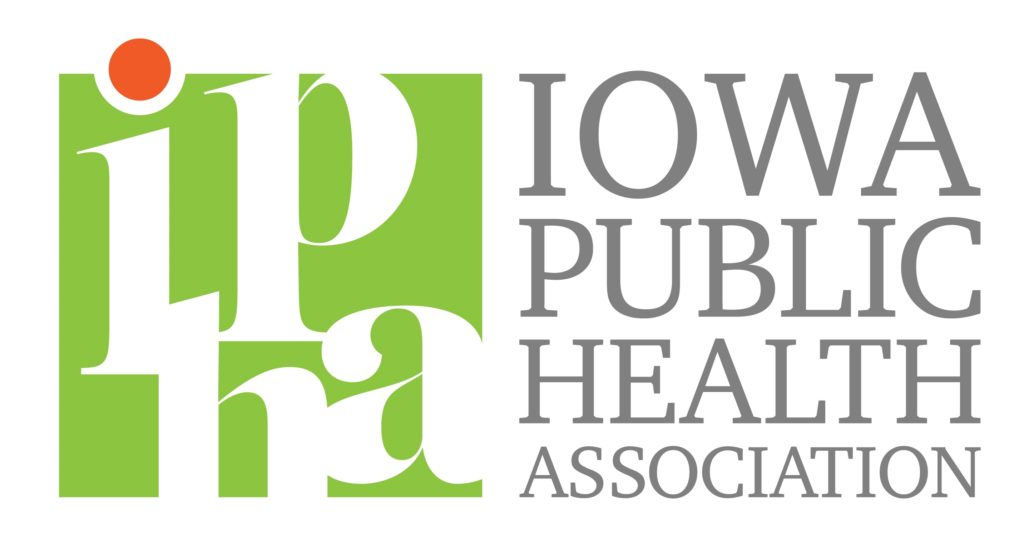IPHA Anti-Racism Statement
June 19, 2020
Iowa Public Health Association extends its condolences to the loved ones of Rayshard Brooks, George Floyd, Breonna Taylor, and Ahmaud Arbery; and to the loved ones that face another heart wrenching reminder of friends and family that have been brutally killed or harmed for being Black. We acknowledge that while these latest losses of life have served as a catalyst to change the tide of public attention and action, they are by no means representative of all who have suffered and been lost across generations.
Racism is a serious public health issue. Iowa Public Health Association is committed to recognizing and confronting all forms of racism. Specifically, we are committed to:
- Acknowledging that racism exists and is a public health crisis; and
- Recognizing our responsibility to address racism by actively engaging in racial justice education, dialog, resource provision, and advocacy; and
- Examining individual and organizational implicit biases, privilege, and opportunities for IPHA to be more diverse and inclusive in our membership and leadership; and
- Affirming that we desire to be and will work toward being an explicitly anti-racist organization united in solidarity with all Iowans; and
- Listening to Black, Indigenous, and People of Color (BIPOC) and learning from their lived experiences; and
- Educating others that race is a social construct and that different forms of racism exist, including overt, covert, and institutional/structural/systemic racism; and
- Acknowledging that Black people experience a higher incidence of heavy policing and violence from authorities due to systemic bias and correctional culture; and
- Engaging in study and exploration of the root cause of disparities and seek to eliminate systemic racism that have put people of color at higher risk of being negatively affected by COVID-19 and other chronic and infectious diseases; and
- Working to dismantle the policies that reinforce the systemic racism that leads to health inequities and diminished quality of life; and
- Advocating for/against policy change that will have a likely positive/negative impact on health equity; and
- Building cross-sector partnerships that focus on health equity with institutions that represent the social determinants of health, including education, transportation, economic development, criminal justice, health care, housing, and others; and
- Challenging “socially acceptable” forms of racism including fear mongering, ethnocentric curriculum, cultural appropriation, denial or dismissal of white privilege, racist innuendos, and appointing oneself an ally in name only; and
- Acknowledging that our country and associated systems have been built upon principles of white supremacy and privilege, both intentionally and unintentionally, which warrant evaluation and change.
Finally, we acknowledge that we are still listening and learning with open hearts and minds and seek input to collaboratively form effective solutions. This statement is intended to be a living document and will be revisited and revised as we learn and grow as an organization.

